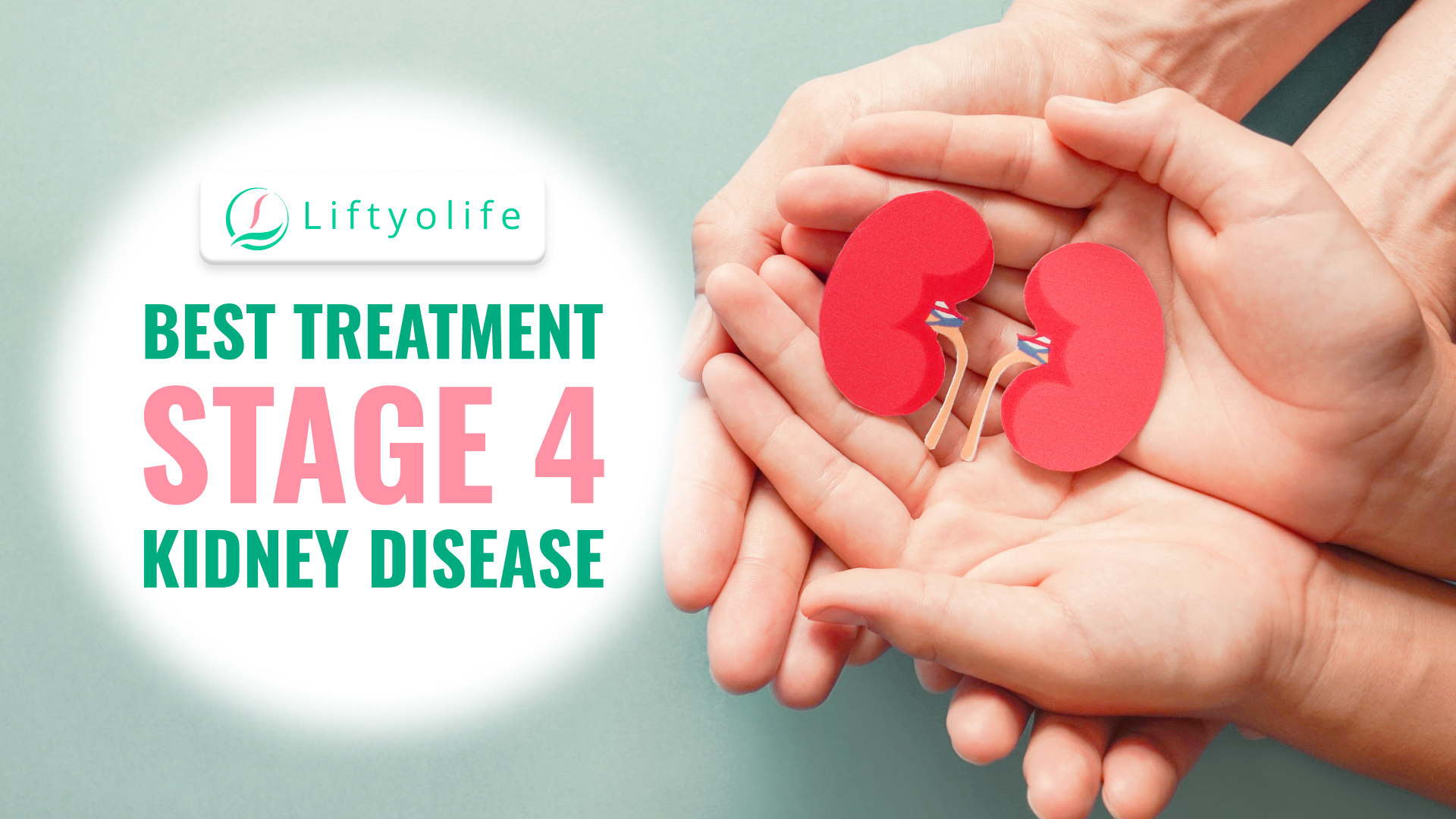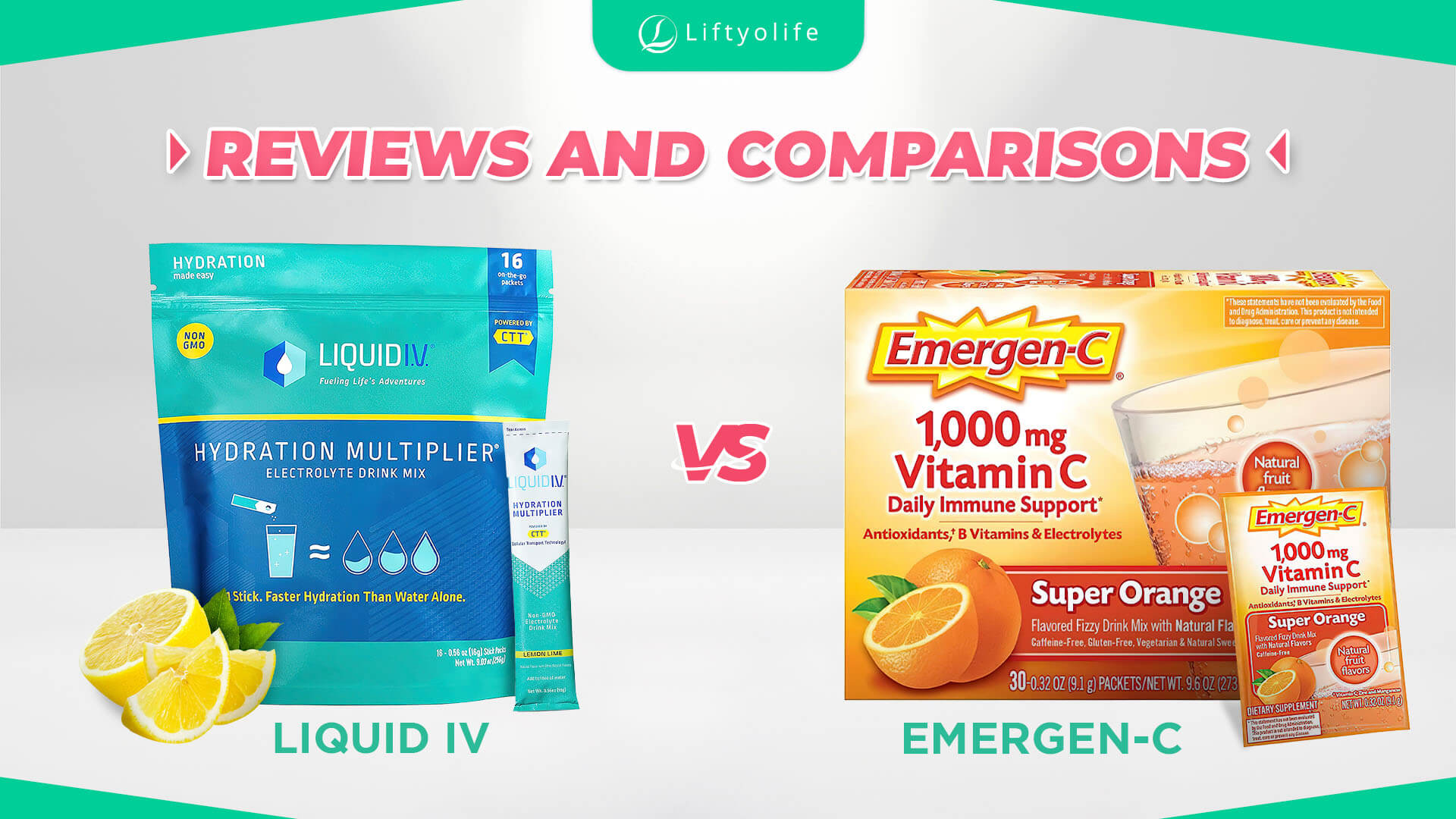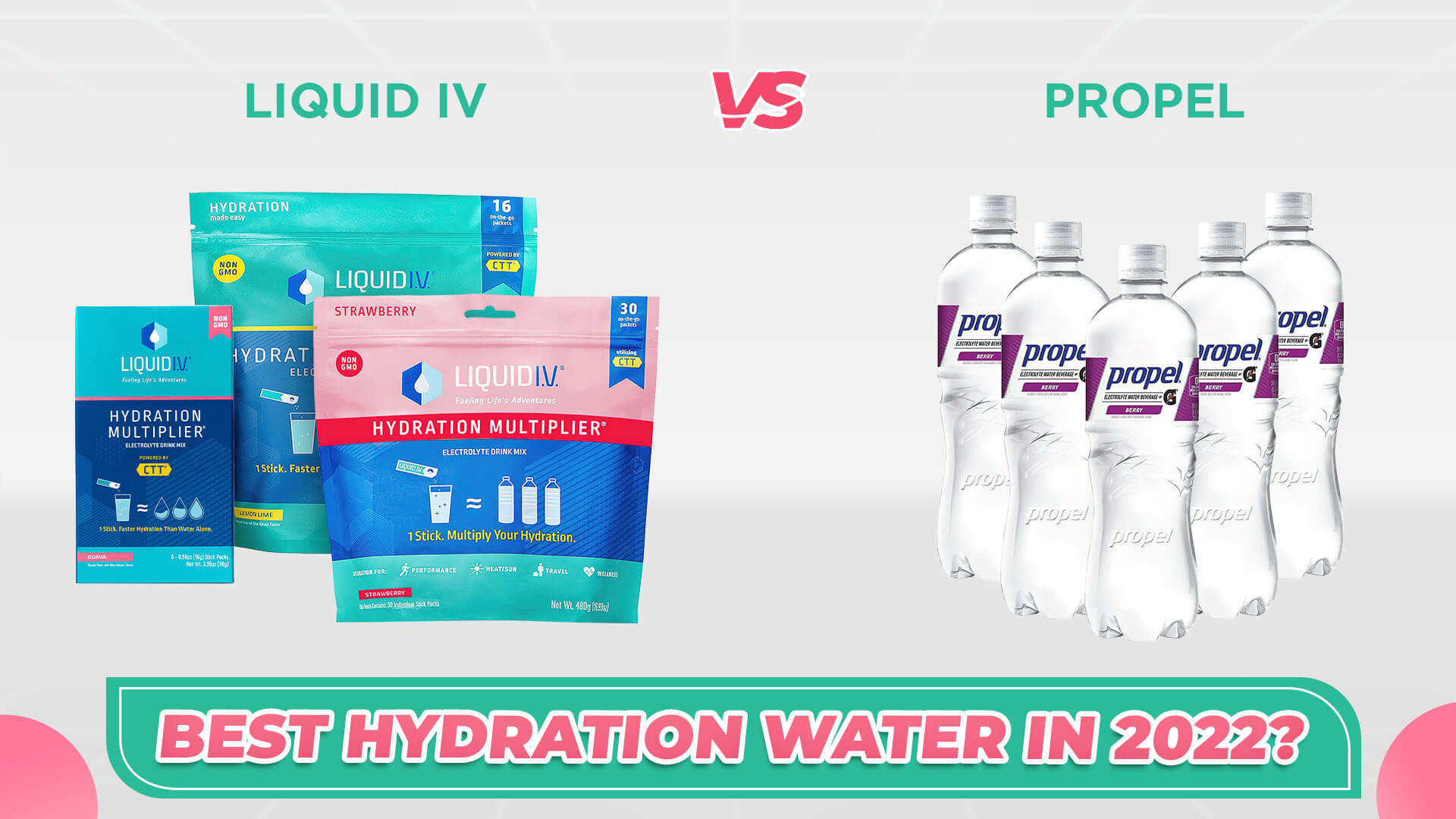Symptoms Of Camp Lejeune Water Contamination
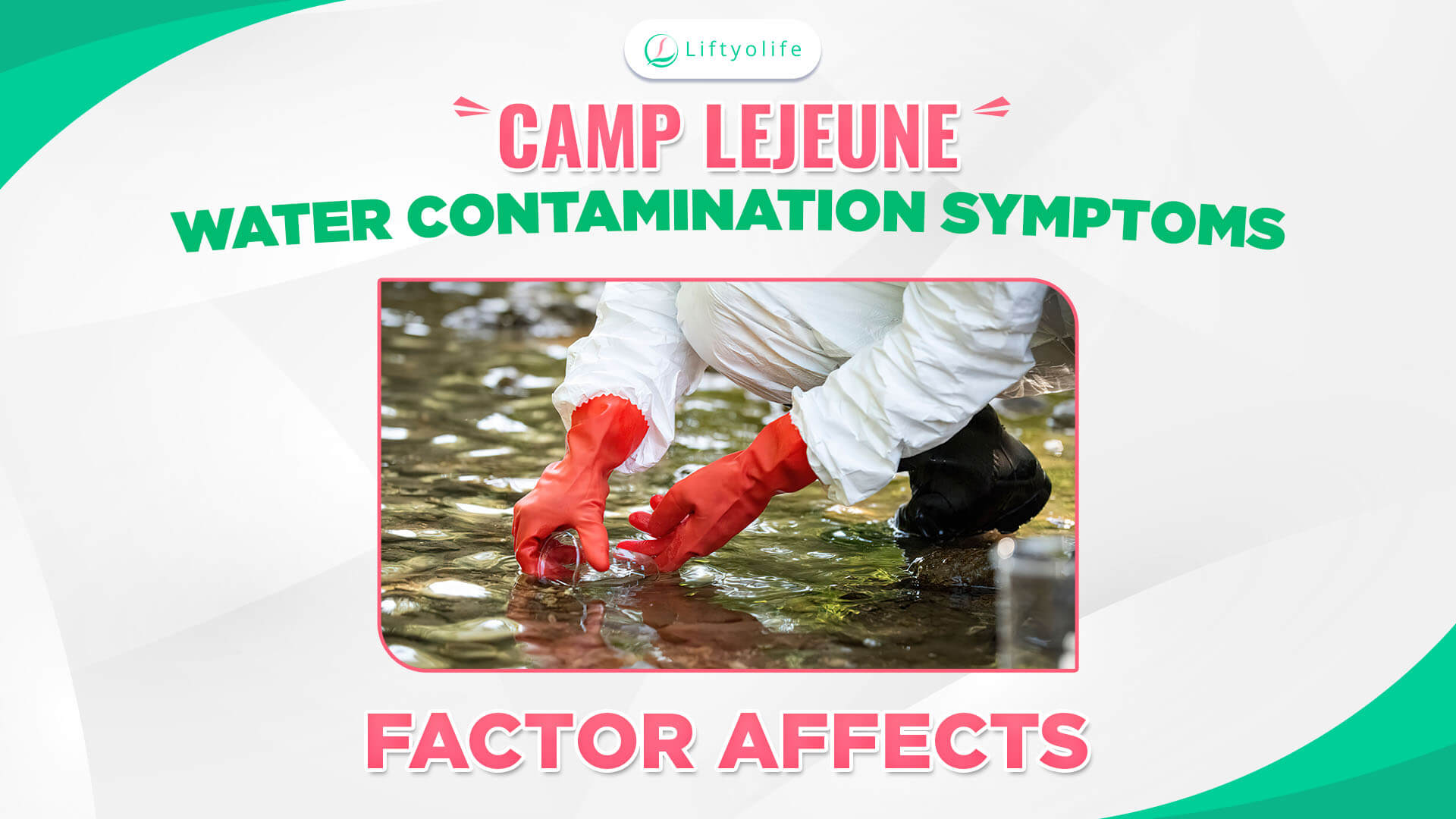
One hundred and one Marines, Navy corpsmen, and civilians died from Camp Lejeune contamination. What are the symptoms of Camp Lejeune water contamination exposure? In this article, Liftyolife (liftyolife.com) will run over the most likely causes of these symptoms and what you can do about them.
1. How Toxic Was Camp Lejeune’s Water?
Camp Lejeune water is contaminated with several chemicals. The most toxic of these is trichloroethylene (TCE), used as a dry cleaning solvent and degreaser in the base. Other chemicals found in Camp Lejeune water include benzene, vinyl chloride, and tetrachloroethylene (PCE or PERC).
Where did they come from? How dangerous are they? Continue reading.
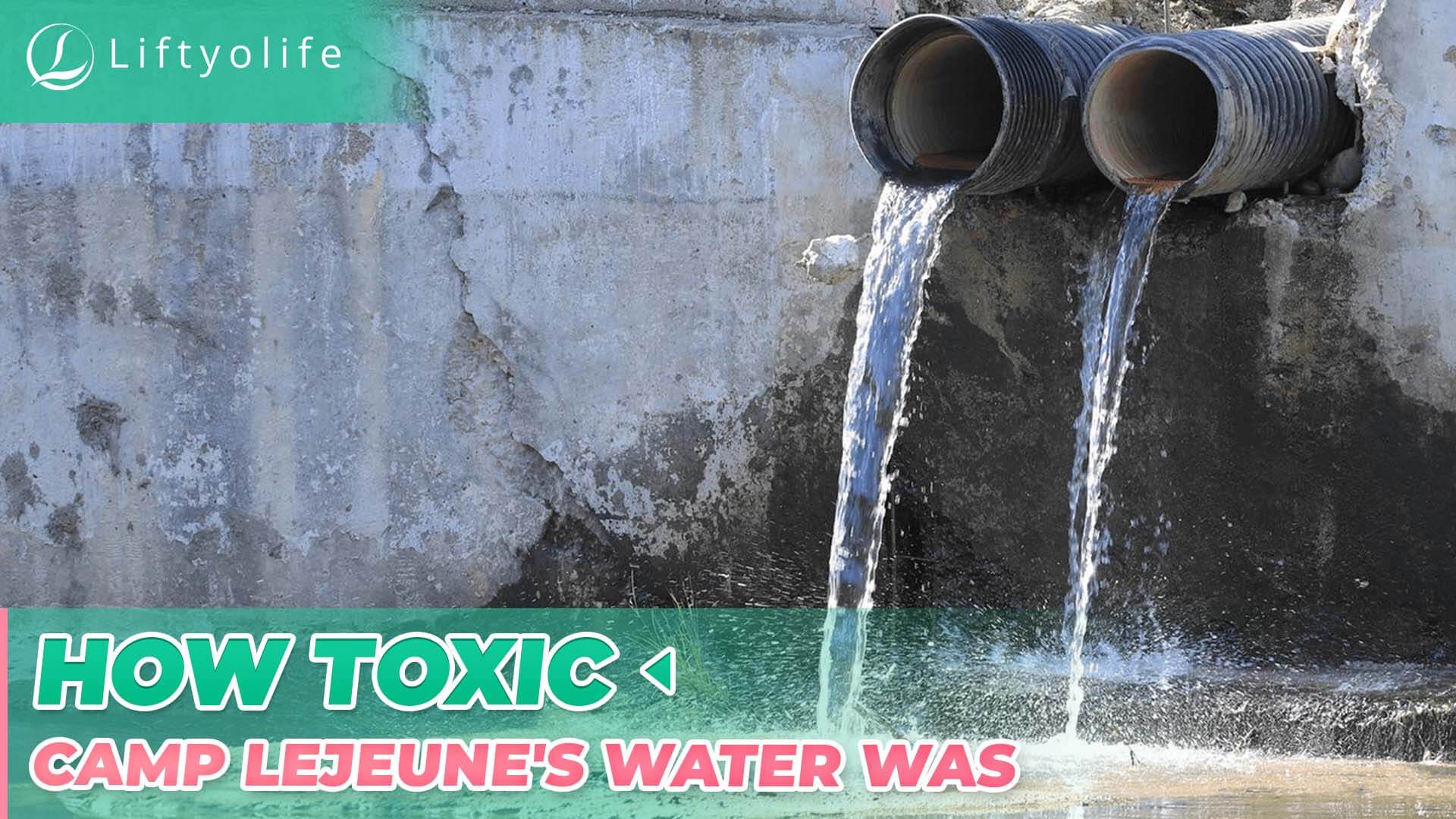
How Toxic Was Camp Lejeune’s Water?
1.1. Trichloroethylene (TCE)
This chemical is used to remove grease from tar during oil drilling operations. It’s also found in many other industrial applications.
The Environmental Protection Agency (EPA) has set the TCE standard at 0.01 parts per million in drinking water. This TCE standard is to protect against cancer and other health effects.
If you are exposed to high levels of TCE over a long period, it can significantly affect your health. Specifically, it can lead to:
- Cardiac effects,
- Non-Hodgkin Lymphoma,
- Kidney Cancer and many others.
1.2. Benzene
The government tested the water from Camp Lejeune and found that the benzene levels were high and hazardous. In fact, this compound was so harmful that it could cause cancer if consumed for a long time.
So what exactly does benzene do? It is a known carcinogen that can cause cancer in humans. Even though California scientists and regulators say that benzene is not a threat (1), it still causes cancerous cells to grow in your body and eventually kill you.
That’s because it potentially can cause:
- Anemia,
- Immune system dysfunction,
- Multiple myeloma,
- Cancers.
1.3. Vinyl Chloride
Camp Lejeune’s water was contaminated with vinyl chloride, a chemical used to manufacture certain plastics. Vinyl chloride is not only a carcinogen but can also cause
- Liver cancer,
- Brain damage,
- Death.
1.4. Tetrachloroethylene (PCE or PERC)
The water at Camp Lejeune is contaminated with Tetrachloroethylene (PCE or PERC), which is (again) a carcinogen. It’s an industrial chemical used in degreasing metal machinery and paint production.
The PCE leaches from the soil into the groundwater, then released into the drinking water. Because of this contamination, many people have been diagnosed with:
- Bladder cancer,
- Breast cancer,
- Blood cancer.
2. Symptoms Of Camp Lejeune Water Contamination
These 16 Camp Lejeune water contamination symptoms have been reported and linked to some health issues.
2.1. Cancer
These seven cancers are associated with the symptoms of Camp Lejeune water contamination.
Breast cancer
According to a report cited by USA Today (2), women who lived near the base during service are at an increased risk of developing breast cancer after returning home. Scientists believe this is because female hormones may have been altered by exposure to chemicals and other toxins during their military service.
Although it’s not fully understood why this happens, scientists believe certain types of pesticides and solvents may be contributing factors.
Kidney cancer
Kidney Cancer is one of the Camp Lejeune toxic water symptoms. It’s a disease in which abnormal cells form in the kidneys and grow and spread to other body parts. Kidney tumors can develop from normal cells that have become damaged or mutated.
Studies have concluded that there is a link between kidney cancer and high levels of trichloroethylene (TCE) and benzene in drinking water at Camp Lejeune.
In other words, if you or someone you know was exposed to this carcinogen while stationed at Camp Lejeune, you must see your doctor as soon as possible to check for any signs of cancerous cells in your body.
Bladder cancer
Bladder cancer can be caused by exposure to chemicals, such as vinyl chloride, that can be present in the air, water, and solid at Camp Lejeune.
It usually begins as a growth on the surface layer (the epithelium) of the tissue that lines the inside of your bladder. The change may be microscopic (only visible under a microscope) or quite extensive.
When it grows into nearby tissue, it can cause pain, blood in the urine, or other symptoms that suggest cancer has spread to your body’s organs and bones.
Liver Cancer
One of the most common symptoms of Camp Lejeune Water Contamination is liver cancer, which is believed to be caused by benzene and trichloroethylene. This will not be a life-threatening illness for most people, although it can be severe for some.
Liver cancer is a disease that affects the liver and causes tumors to grow in it. Some liver tumors are benign and do not need any treatment, while others can cause serious problems and lead to death if they are not dealt with quickly.
Cervical Cancer
People exposed to this contaminated water are at an increased risk for developing cervical cancer due to their exposure to various chemicals. This includes Trichloroethylene (TCE), which was found in high concentrations in the water supply.
Esophageal Cancer
Esophageal cancer is a rare type that starts in the lining of the esophagus. The esophagus is a tube that connects the mouth and stomach to food, drinks, and vomit.
The lining of the esophagus has cells that help protect it from germs and bacteria. Cells in this lining can turn into cancer if they don’t work correctly or if they’re damaged by exposure to alcohol, chemicals, or radiation.
Water contamination can cause damage to cells in the lining of your esophagus, which may increase your risk of developing esophageal cancer later in life.
Lung cancer
The Department of Veterans Affairs (VA) and other research studies have determined an increased risk of lung cancer after exposure to toxic chemicals found at Camp Lejeune.
Lung cancer is a disease that occurs when cancerous cells form in the lungs. It can be caused by smoking, exposure to certain chemicals, and radiation.
The first sign of lung cancer may be a persistent cough or hiccups. Sometimes, the symptoms go away without treatment and come back over years or decades.
2.2. Other Serious Diseases
Cancer can be the worst case, but these severe diseases below have also been reported as Camp Lejeune water contamination symptoms.
- Dry, itchy skin
- Arrhythmia
- Dental issues with cleft palate
- Trembling limbs
- Abdominal pain
- Decreased urine output
- Muscle stiffness
- Nerve damage such as neuropathy
- Infertility
If you have developed these symptoms and are exposed to Camp Lejeune water contamination, seek medical support immediately from a doctor. Tell your doctor about the exposure so he knows what would be the proper treatment for you.
3. Factors Affecting Camp Lejeune Contaminated Water Symptoms
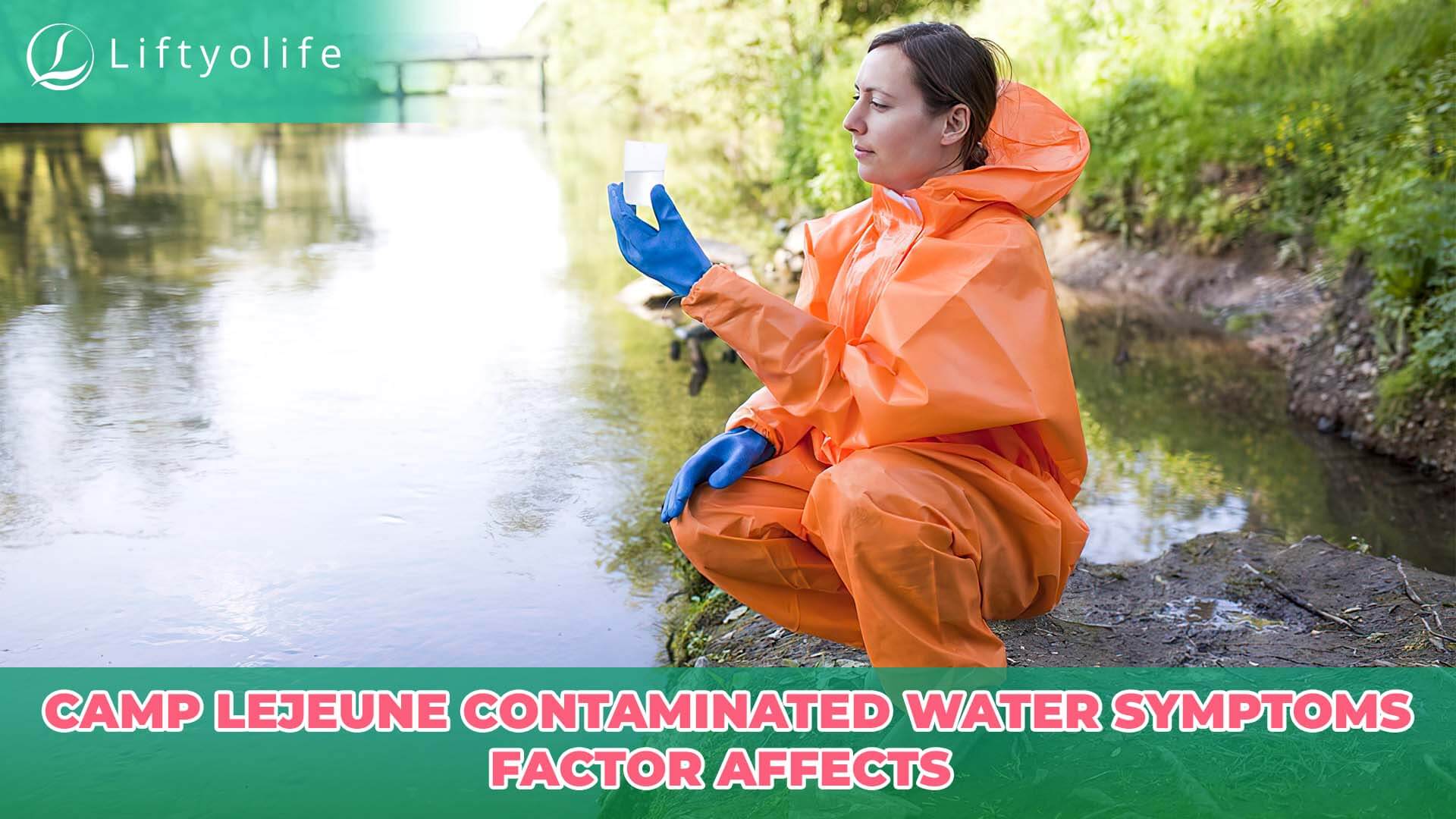
Factors Affecting Camp Lejeune Contaminated Water Symptoms
3.1. Type Of Chemicals You Exposed
You can tell the symptoms of Camp Lejeune’s contaminated water by the chemical you were exposed to. As mentioned earlier, those chemicals are trichloroethylene (TCE), benzene, vinyl chloride, and tetrachloroethylene (PCE or PERC). However, some of the prevalent symptoms you may experience would include:
- Irritability and moodiness,
- Seizures,
- Memory loss,
- Nausea, vomiting, diarrhea, stomach cramps,
- Headaches, dizziness, confusion, and fainting.
3.2. Exposure Frequently
The more you are exposed, the more likely you are to develop symptoms.
It will not affect you if you live downwind from Camp Lejeune and your home is away from the water contamination. Those who lived here tended to use the water as their essential daily supply, so there’s a higher chance they got related symptoms.
3.3. Duration Of Exposure
The duration of your exposure might also affect the symptoms you have.
If you were exposed to contaminated water for a short time, you might have minor symptoms such as headaches, nausea, and tiredness. If exposed for weeks or months, you may have more severe symptoms such as persistent stomach pain, headaches, and joint pain.
If you have had contamination symptoms in the past and they have not gone away after a year, it is essential to see your doctor. This can be an indication that the effects of contamination are still present.
3.4. How You Exposure
Your symptoms might depend on how you exposed yourself to the contaminated water.
If exposed to eating or drinking contaminated water, your body will be more vulnerable to cancer. If you were exposed by breathing in or absorbing a chemical from the air, your body might show some light discomfort or no symptoms.
4. What to Do If You Have Symptoms of Camp Lejeune’s Water Contamination?
If you have Camp Lejeune’s water contamination symptoms, you should immediately contact your health care provider. The sooner you receive treatment, the better your chances of avoiding long-term effects like cancer and other serious diseases.
Most importantly, Camp Lejeune Water Contamination victims receive access to $278.5 Billion set aside by Congress. That means you can be eligible for compensation if you lived at the Marine Corps Base Camp Lejeune between August 1953 and December 1987.

My Injury Claim Center
My Injury Claim Center is a program that assists you in reviewing your case regarding contaminated water at Camp Lejeune. Don’t hesitate to get the chance you deserve!
In the end, it’s tragic and unfair to blame the victims of Camp Lejeune — those who were exposed to and affected by the contaminated water. The government has done its part to rectify the situation now. But many people have died, some because of their exposure, and others because they couldn’t afford the medical treatment they needed.
The best thing to do is drink more clean water and seek the financial support you deserve. Liftyolife (liftyolife.com) hopes this article on the symptoms of Camp Lejeune water contamination is helpful.

